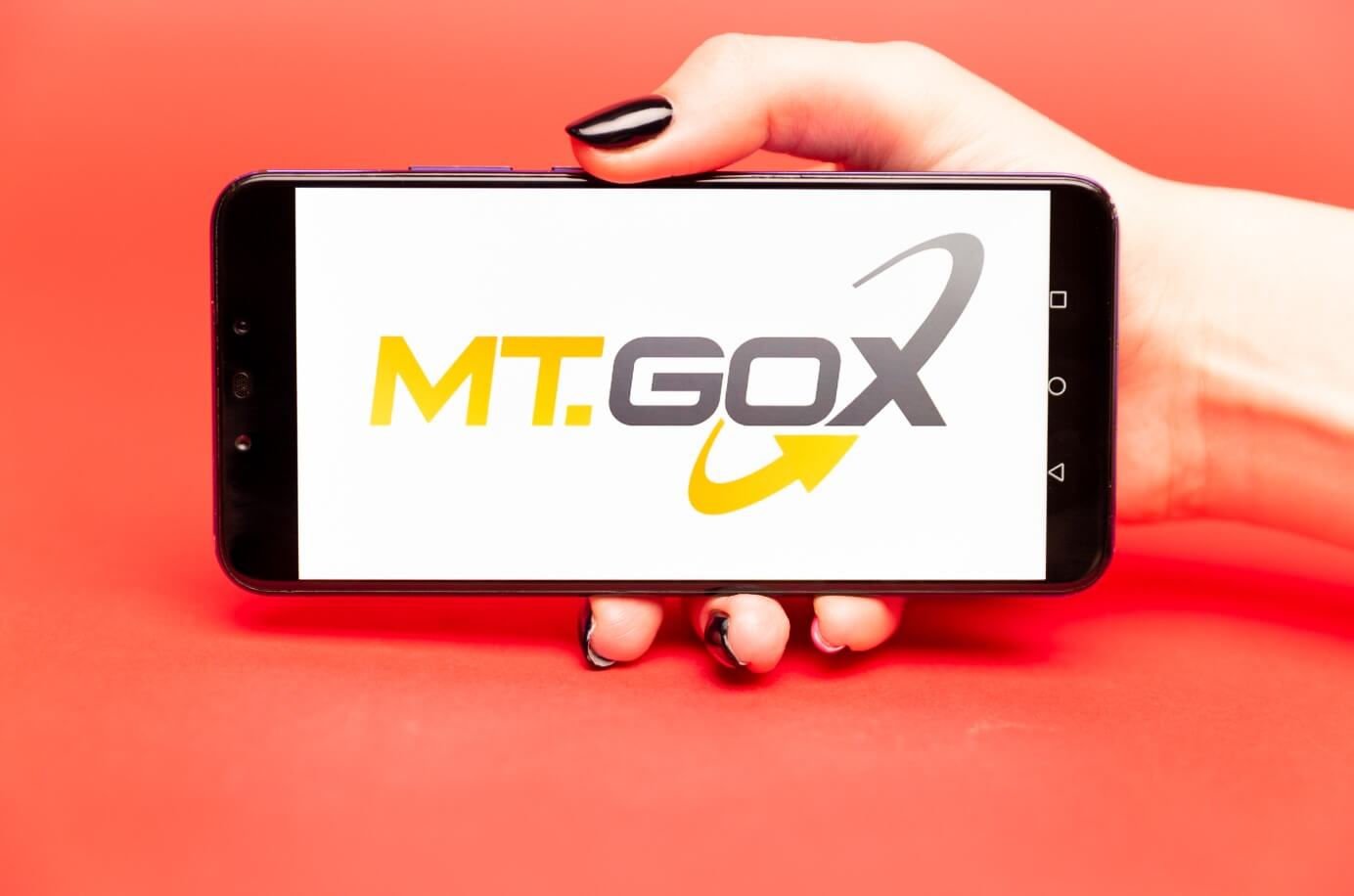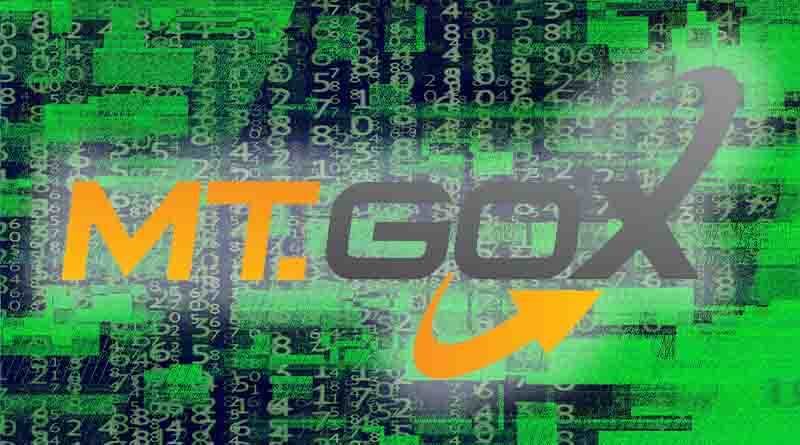How the Mt. Gox Exchange Forever Shook the Bitcoin World
The Bitcoin Giant’s Fall from Grace
Once towering over the cryptocurrency world, Mt. Gox crumbled in the blink of an eye. Handling 70% of global Bitcoin exchanges, it succumbed to a devastating hack, resulting in the theft of 7% of all circulating Bitcoin—leaving users and the company in shambles. While the incident didn’t permanently dent Bitcoin’s value, it left an indelible mark on traders, serving as a stark reminder of the risks accompanying every reward.

Mt. Gox – Genesis of a Giant
From Trading Cards to Bitcoin Dominance
Mt. Gox, initially conceived as a “Magic: The Gathering” exchange, pivoted to Bitcoin when its creator foresaw a market gap. Purchasing the domain, Mt. Gox rose to unimaginable heights. Mark Karpelès took the reins from the original owner, overseeing its peak with a stable Bitcoin value exceeding $100 and daily trades of 150,000 Bitcoins.
Shady Deals and Regulatory Woes
Amidst success, Mt. Gox faced challenges. The Department of Homeland Security intervened, seizing funds over licensing issues. Legal troubles ensued, including a partner’s lawsuit and near exclusion from the US banking system. However, it was the hack that brought this giant to its knees.
The Infamous Hack
Unveiling the Cyber Nightmare
Initially concealed as withdrawal halts, Mt. Gox’s crisis unfolded. CEO Karpelès’ vague promises fueled concerns. Competitors surpassed Mt. Gox, and Karpelès’ resignation marked the beginning of the end. A major hack, lurking undetected for years, purloined a staggering 750,000 Bitcoins.
Aftermath and Legal Quagmire
Post-hack, Karpelès faced charges unrelated to the breach. Investors were left in the lurch, and fraud within the company surfaced. Despite the fallout, Bitcoin’s value persisted, albeit with heightened caution and increased regulations.
Impact on Bitcoin and Lessons Learned
Cautionary Tales and Market Shifts
Mt. Gox’s downfall serves as a cautionary tale for traders. Its replacement, Coinbase, emerged amidst the ruins, emphasizing the volatility of Bitcoin. While the price remained resilient, precautions and regulations surged.
Unveiling the Regulatory Void
Mt. Gox highlighted Bitcoin’s regulatory vacuum, contributing to its struggles. The lack of laws paved the way for money laundering and fraud. Karpelès’ misuse of the platform underscored the need for security in Bitcoin transactions.
Technological Imperatives
Karpelès exploited Mt. Gox’s basic features for embezzlement, exposing Bitcoin’s vulnerability. The hack underscored the importance of robust security measures, urging investors to scrutinize technological foundations.
Reflecting on Mt. Gox and Future Implications
The Ephemeral Revolution
While Mt. Gox revolutionized the crypto landscape, its stagnation led to demise. A stark reminder that industry leaders must evolve and enhance security continuously.
Unanswered Questions and Ongoing Struggles
Mt. Gox left a legacy of legal quandaries. How to regulate Bitcoin without diluting its essence remains unanswered. The struggle against fraud and money laundering persists, reflecting broader challenges in the crypto realm.
Final Thoughts and Industry Impact
Compensation Denied, Lessons Embraced
Victims received no recompense, revealing the harsh reality of crypto uncertainties. Mt. Gox serves as a chilling narrative, cautioning against blind trust in unregulated platforms.
A Future Shaped by Mistakes
Mt. Gox’s tale frightens companies more than consumers. It underscores the imperative for industries to learn from past incidents, ensuring a future that’s not just better but also safer and more secure.
Conclusion
In the ever-evolving crypto landscape, Mt. Gox remains a pivotal chapter. Its rise, fall, and aftermath resonate as a poignant reminder of the risks inherent in the digital realm. As the industry learns, adapts, and strives for security, Mt. Gox’s legacy lives on—a testament to the perpetual quest for a resilient and trustworthy cryptocurrency ecosystem.
FAQs (Frequently Asked Questions)
- Q: Can Mt. Gox’s impact be considered a turning point for Bitcoin?
- A: Mt. Gox’s collapse didn’t alter Bitcoin’s value significantly, but it reshaped the industry’s outlook, emphasizing the need for security.
- Q: What regulatory changes followed Mt. Gox’s downfall?
- A: Post-Mt. Gox, Bitcoin saw increased regulations to prevent similar incidents, highlighting the industry’s quest for legitimacy.
- Q: Did Mt. Gox’s hack influence other cryptocurrency exchanges?
- A: Yes, the hack prompted heightened security measures across exchanges, fostering a more resilient crypto ecosystem.
- Q: How has the perception of Bitcoin changed post-Mt. Gox?
- A: Mt. Gox instilled caution among Bitcoin users, fostering a more vigilant community aware of the potential risks in the crypto market.
- Q: What lessons can other industries draw from Mt. Gox’s demise?
- A: Mt. Gox serves as a cautionary tale for all industries, emphasizing the importance of constant innovation, security, and adaptability in the face of emerging challenges.




